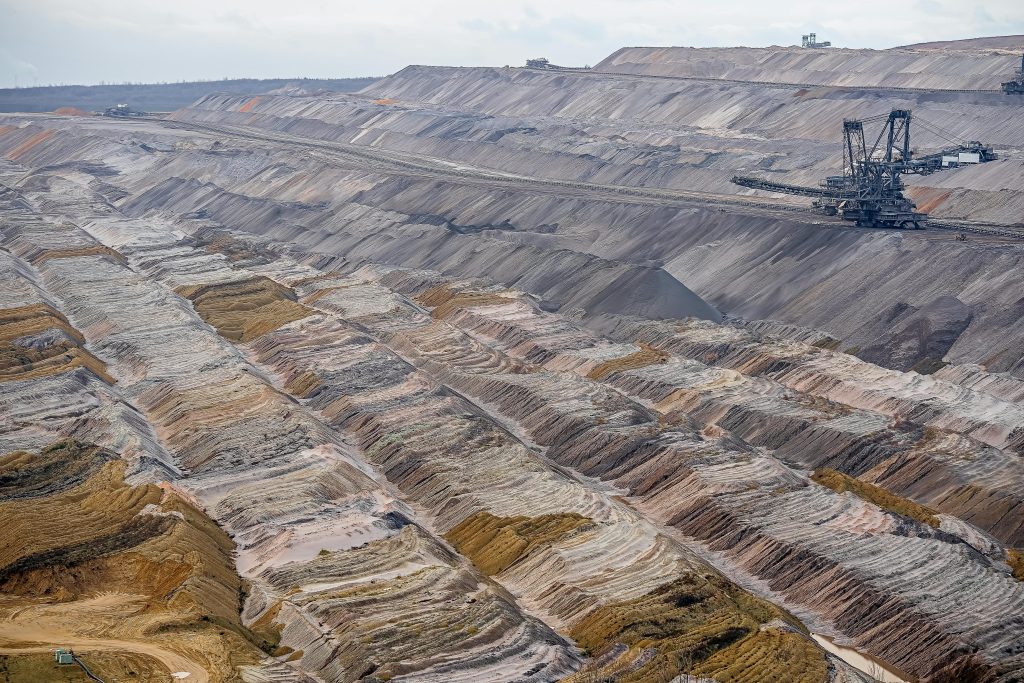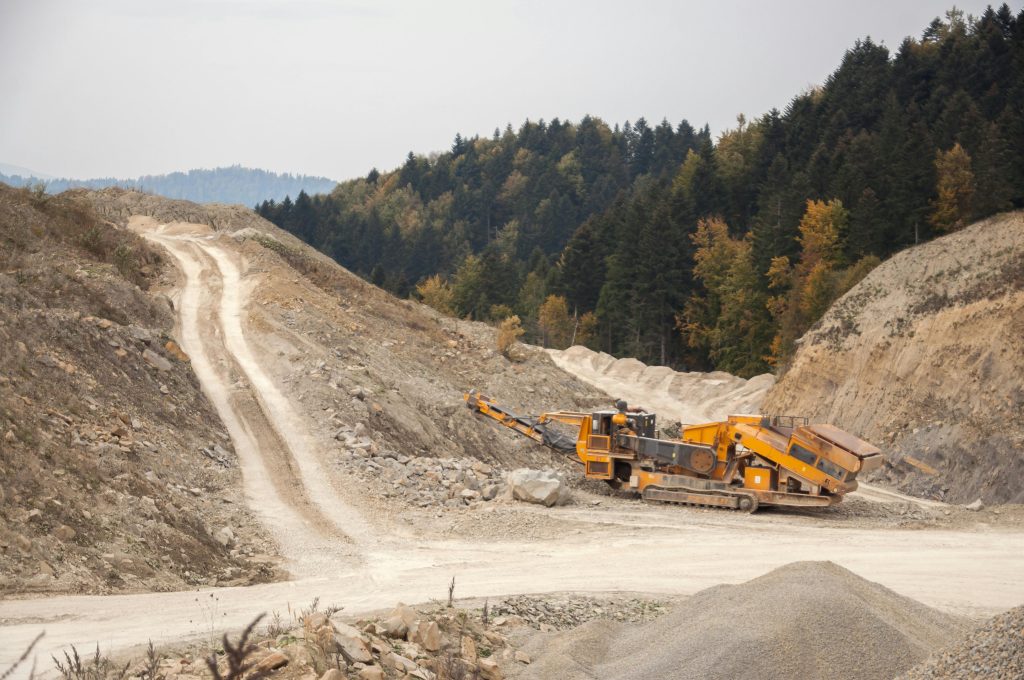Nigeria is often associated with its oil wealth, but the country is also rich in mineral resources that remain largely untapped. According to the Nigerian Geological Survey Agency, Nigeria is endowed with over 40 different types of minerals, including gold, coal, tin, limestone, and iron ore. While oil has historically dominated the economy, the mining sector is seen as a potential catalyst for diversification, especially as global demand for minerals rises.

In recent years, Nigeria has taken steps to harness its mineral wealth. The government has recognised the potential of minerals to drive economic growth and reduce reliance on oil. For example, the Nigerian Mining and Minerals Act of 2007 aims to encourage investment in the sector by offering incentives such as tax breaks and the creation of mining licences. Additionally, the government has identified key minerals for development, such as gold, coal, and tin, and is seeking to attract foreign investment to these areas.
However, despite the enormous potential, the sector faces several challenges. Infrastructure remains a major obstacle. Many mining sites are located in remote areas with poor road access, making transportation of minerals difficult. The lack of reliable power supply also hampers processing operations, while the absence of a robust regulatory framework means that the sector is often marked by inefficiency and corruption.

The global demand for minerals like gold and lithium has opened new opportunities for Nigeria. For instance, Nigeria’s gold reserves are significant, yet only a fraction of this potential is being realised due to limited investment and poor exploration. The recent increase in gold prices on the global market has spurred some foreign interest, but more needs to be done to unlock this potential.
The Nigerian government must prioritise infrastructure development, regulatory reform, and capacity building to ensure that mining is a viable alternative to oil. With the right investments, Nigeria could become a major player in the global minerals market, stimulating economic growth, job creation, and foreign exchange earnings. While Nigeria’s mineral resources remain underutilised, they represent a vast, untapped economic opportunity. By investing in the sector’s infrastructure and governance, Nigeria could become a significant global player in mineral extraction.

